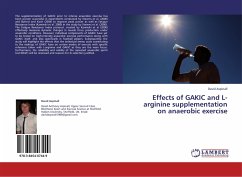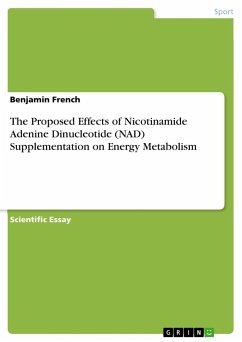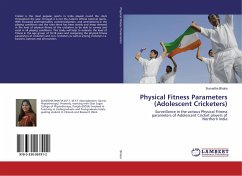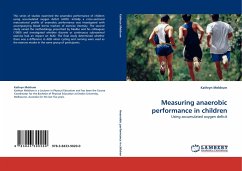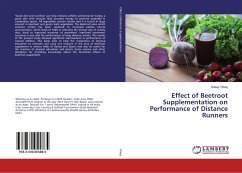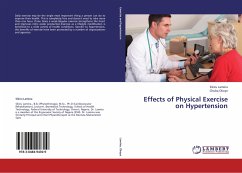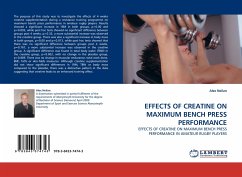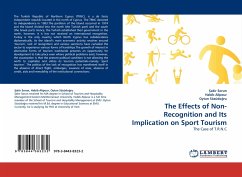The supplementation of GAKIC prior to intense anaerobic exercise has been proven successful in experiments conducted by Stevens et al. (2000) and Buford and Koch (2004) to improve peak power as well as Fatigue Resistance Index (Kaminski et al. 2000) in the study by Stevens et al. (2000). The Fatigue Resistance Index protocol, created by Kaminski et al (2000) effectively measures dynamic changes in muscle force production under anaerobic conditions. However, individual components of GAKIC have yet to be tested on high-intensity anaerobic exercise performance along with GAKIC itself, and also specifically in football players. Subsequently, the study will highlight the effects that the individual amino acids constituting to the makeup of GAKIC have on certain modes of exercise with specific reference taken with L-arginine and GAKIC as they are the main focus. Furthermore, the reliability and validity of the repeated anaerobic sprint test (RAST) will be reviewed and reasons for its selection justified.
Bitte wählen Sie Ihr Anliegen aus.
Rechnungen
Retourenschein anfordern
Bestellstatus
Storno

